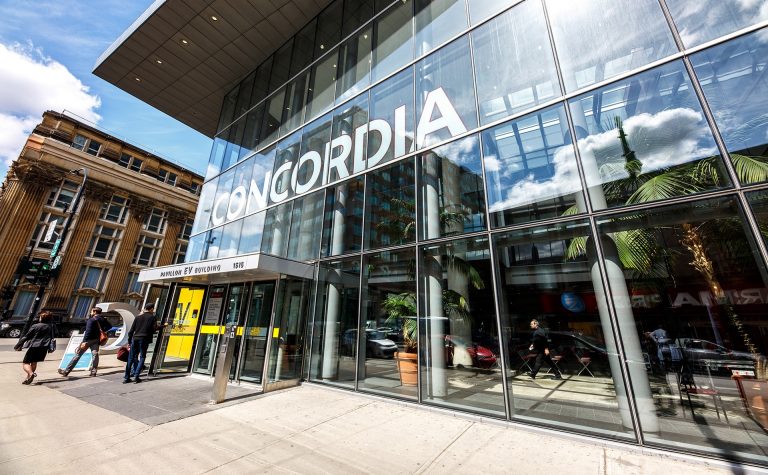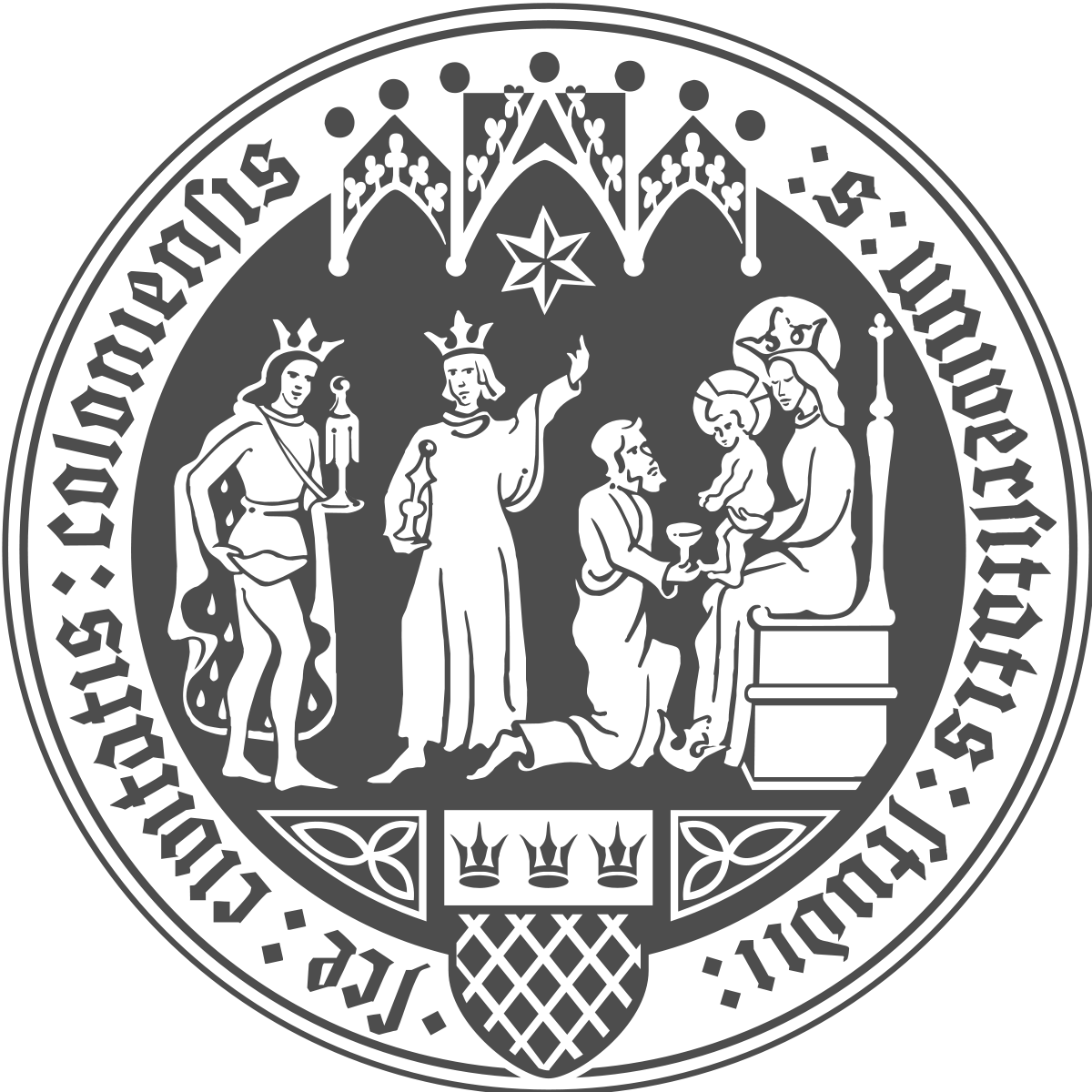The Master of Arts (MA) program in Economics at Concordia University is designed to provide students with advanced knowledge and skills in economic theory, analysis, and research. The program aims to develop expertise in economic analysis and prepare students for careers in academia, research, or applied economics. Here's a general overview of what you might expect in the curriculum:
Core Courses: The program typically includes a set of core courses that cover foundational concepts and theories in economics. These courses may include topics such as microeconomic theory, macroeconomic theory, econometrics (statistical methods in economics), mathematical economics, and economic research methods. The core courses provide a strong theoretical foundation and equip students with essential analytical tools.
Applied Economics: The MA program often includes courses that focus on the application of economic principles and analysis to real-world issues. These courses may cover topics such as labor economics, international trade, industrial organization, public economics, environmental economics, monetary economics, or development economics. Applied economics courses help students understand how economic theory can be applied to analyze and solve practical economic problems.
Elective Courses: In addition to the core courses, you will have the opportunity to choose elective courses based on your interests and career goals within the field of economics. These elective courses can cover specialized topics such as financial economics, health economics, behavioral economics, econometric analysis, economic policy analysis, or specific regional or industry-focused economics courses.
Quantitative Analysis: The MA program typically includes a strong emphasis on quantitative analysis and econometrics. You will learn advanced statistical and econometric techniques for analyzing economic data, estimating economic models, and testing economic hypotheses. These quantitative skills are essential for conducting empirical research and analyzing economic phenomena.
Research and Thesis: The MA program often includes a research component that involves conducting independent research under the guidance of a faculty advisor. You will be required to write a research-based thesis that contributes to the existing body of knowledge in economics. The thesis allows you to apply economic theory, conduct empirical analysis, and demonstrate your ability to contribute to the field through original research.
Seminars and Workshops: Throughout the program, you may have the opportunity to participate in seminars, workshops, and conferences related to economics. These events provide a platform for presenting your research, engaging in academic discussions, and keeping up with the latest developments in the field.
It's important to note that the specific curriculum and course requirements may vary based on the program's offerings and updates. It's recommended to consult the official Concordia University website or contact the university's department of economics for the most up-to-date and accurate information regarding the MA program in Economics.
Show less














